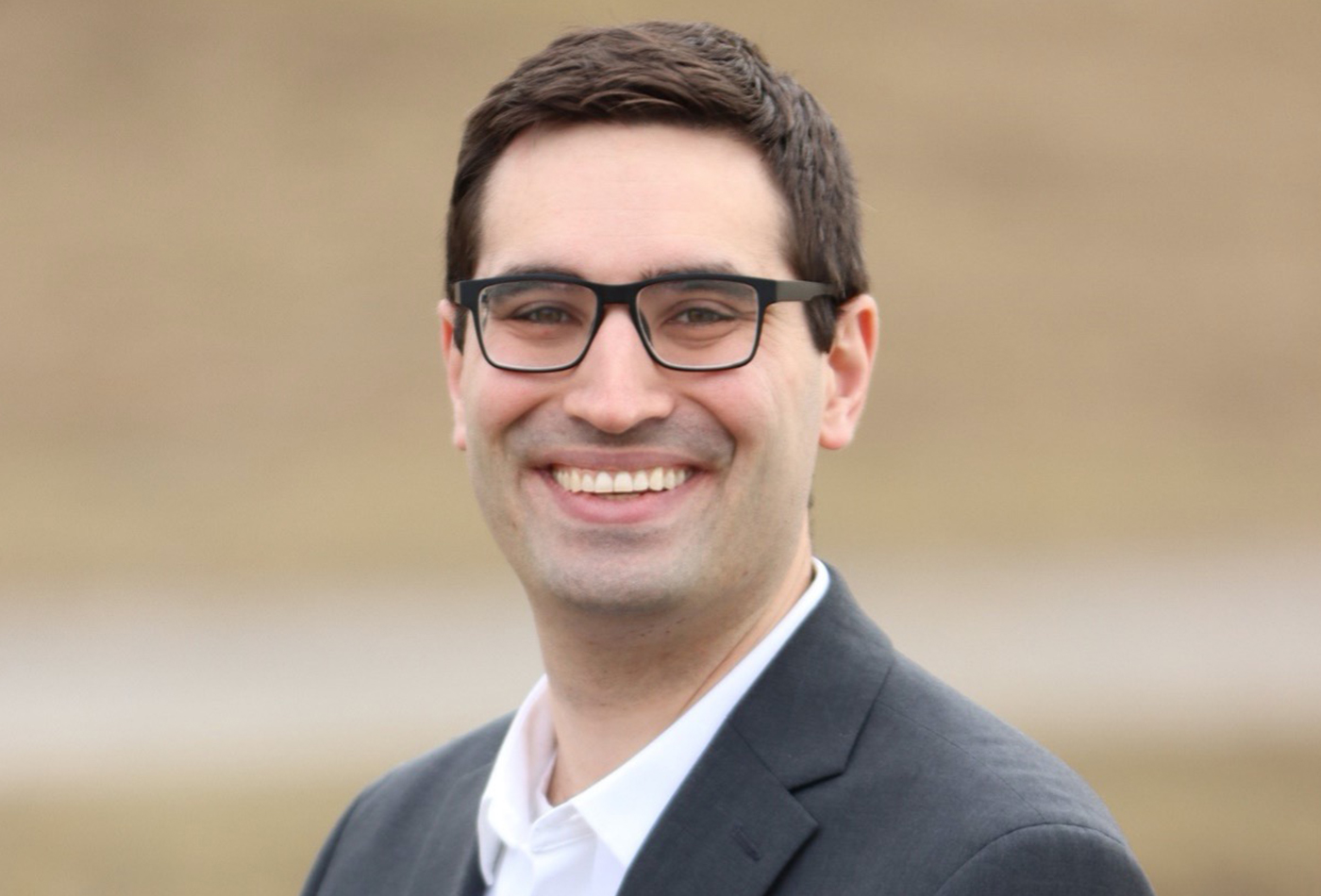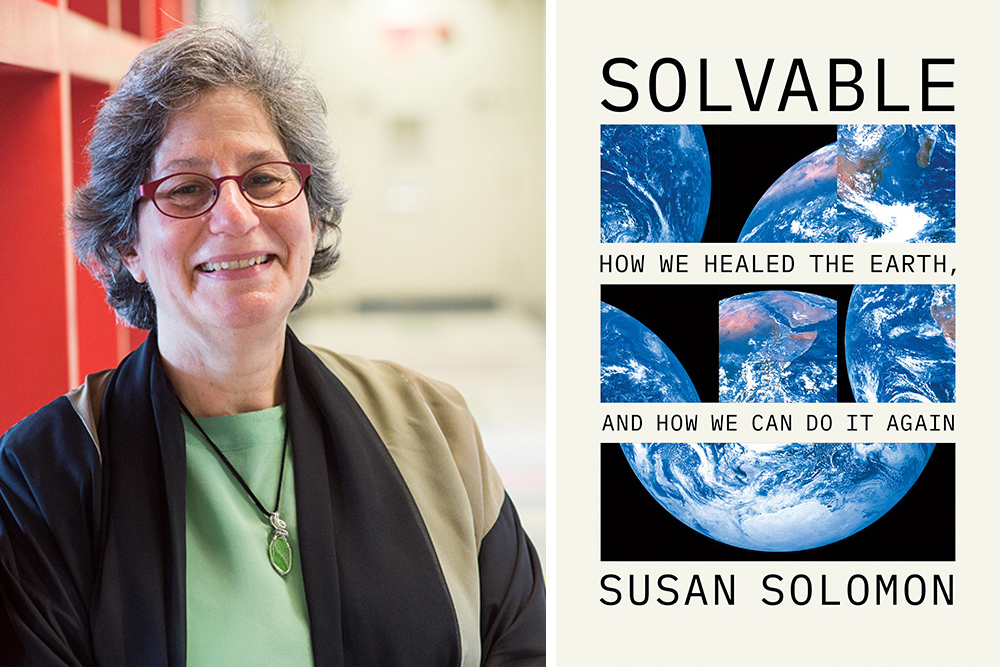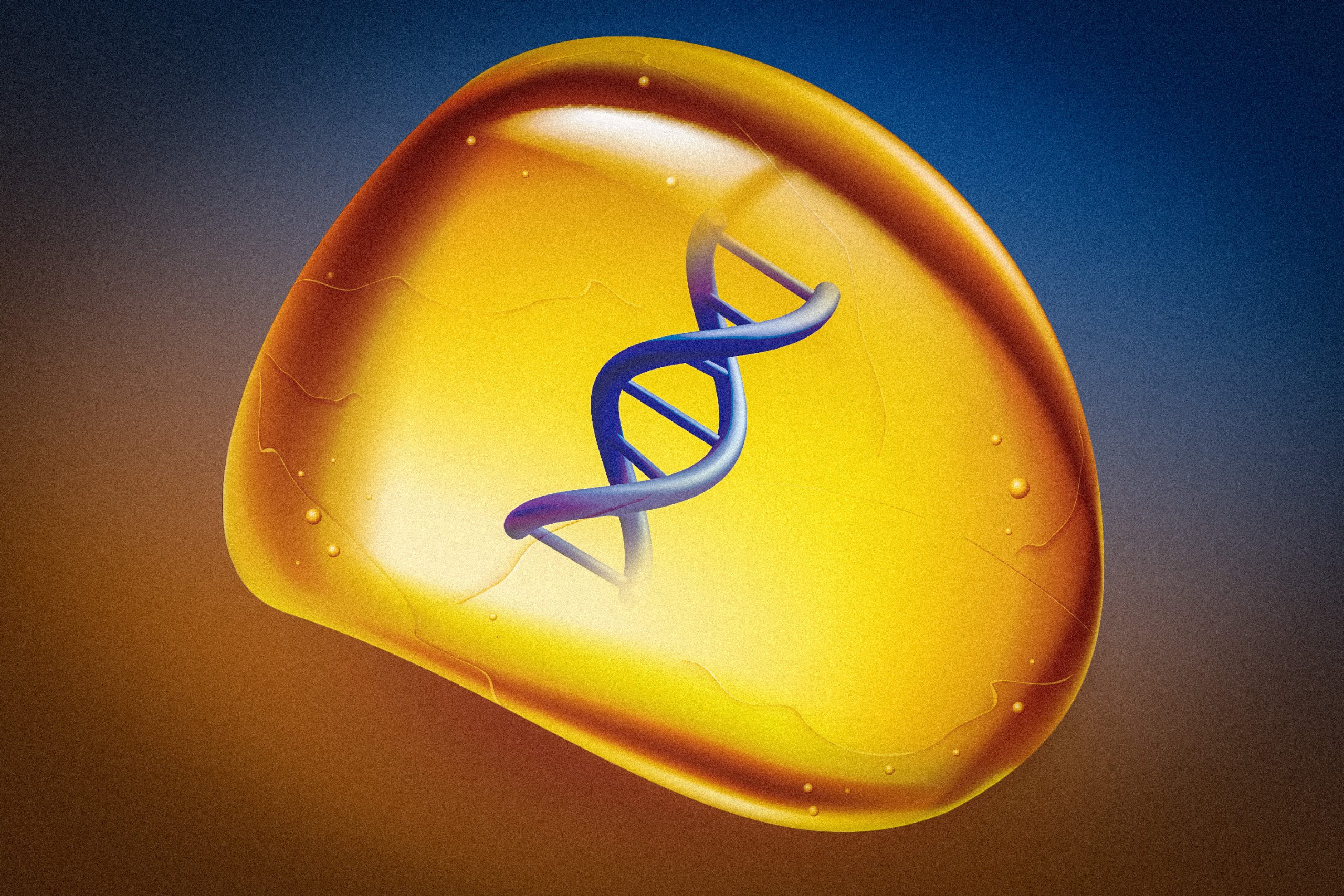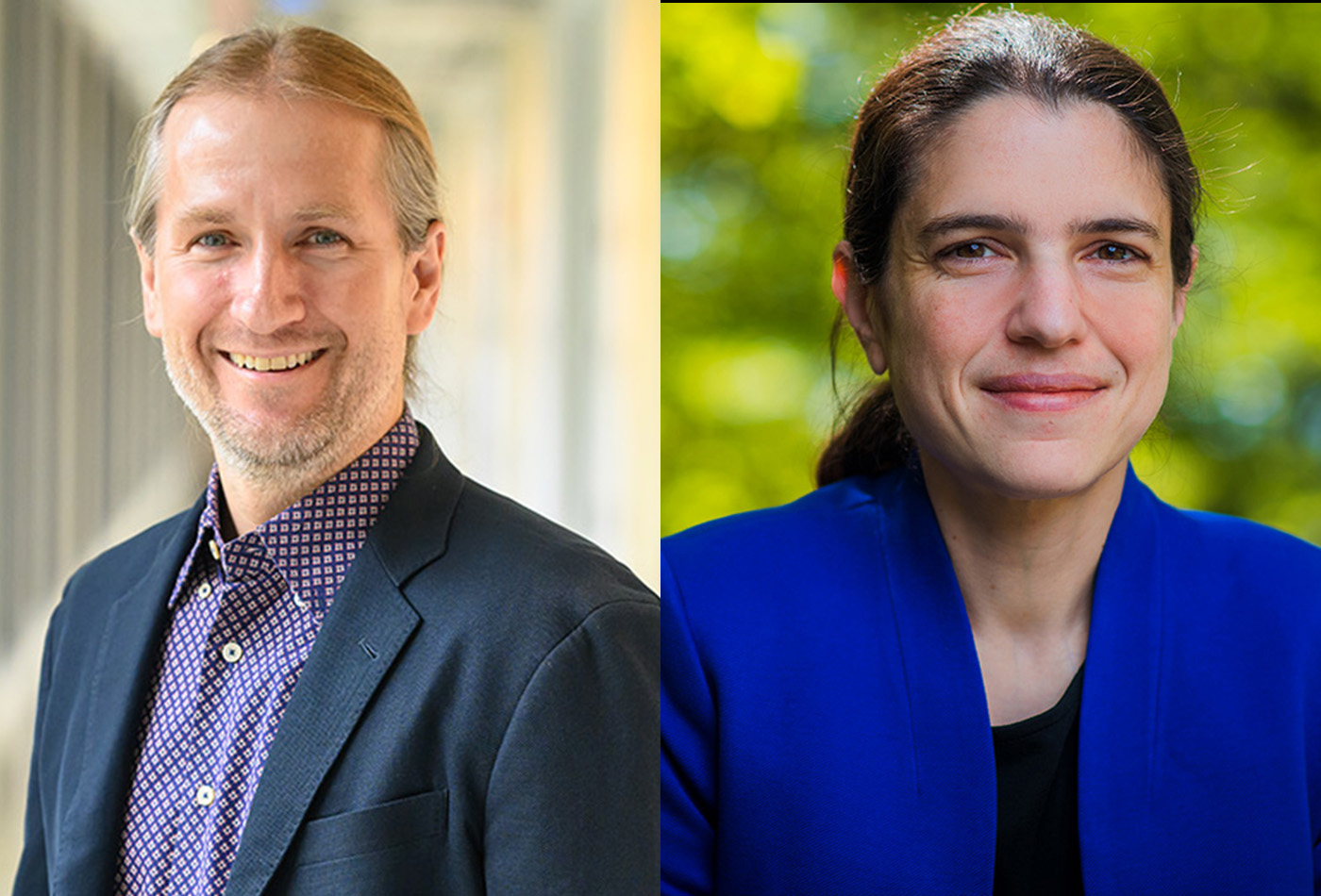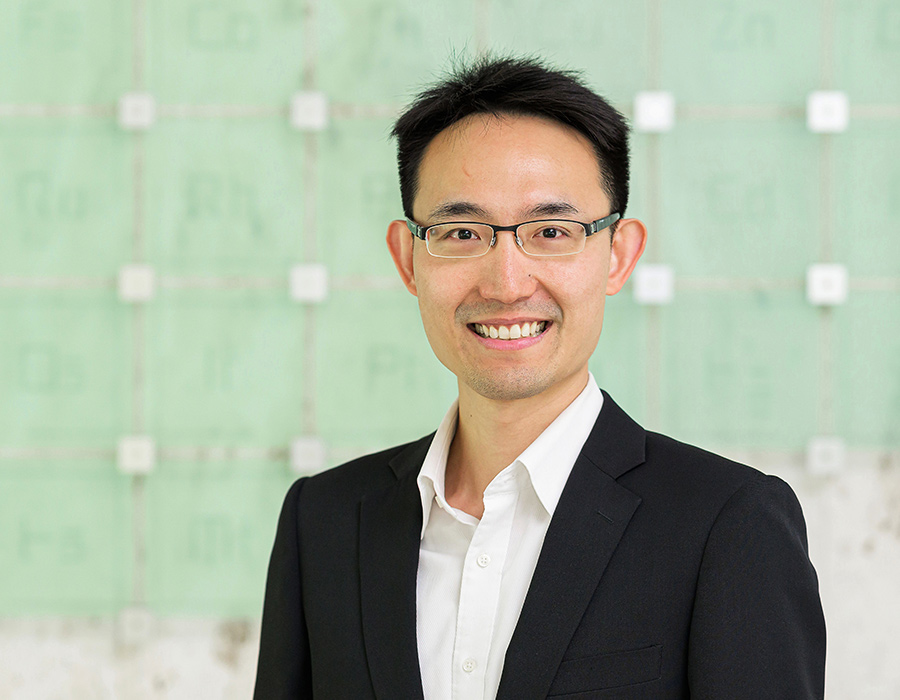Justin Andrews named a 2023 CAS Future Leader
The CAS Future Leaders program supports the growth of science leadership potential among early-career scientists.
Justin Andrews, a postdoctoral researcher in Professor Mircea Dincă’s lab, has been named a 2023 CAS Future Leader.
“I am deeply honored to have received this award,” said Andrews. “To be recognized not only for my research, but also for working to effectively mentor undergraduate researchers and support international and interdisciplinary research teams is a really special feeling. Alumni of the CAS Future Leaders program and the other members of the incoming 2023 class—some of whom I know personally and many of whom I look up to and deeply respect—are bright and creative scientists, compassionate mentors, and respected leaders in academia, industry, and policy. To be included in their ranks is humbling and nothing short of a dream come true.”
Founded in 1907 as a volunteer effort to organize published chemistry research, Chemical Abstracts Service (CAS) officially became a self-supporting division of the American Chemical Society in 1956. The CAS Future Leaders program supports the growth of science leadership potential among early-career scientists. Since 2010, the program has awarded Ph.D. students and postdoctoral scholars with opportunities to network with peer scientists from around the world, connect with industry thought leaders, and take part in science leadership training.
Broadly, Andrews’ research is focused on designing inorganic materials that address challenges related to sustainability and the energy transition. More specifically, his research in the Dinca Lab focuses on the design of metal-organic frameworks (MOFs) for energy storage applications ranging from supercapacitors to solid-state electrolytes. This fall, Andrews will begin his independent research career as an Assistant Professor at Purdue University, where his group will span inorganic, solid-state, and materials chemistry as they aim to design materials that ‘switch’ their properties. Additionally, they will target applications in biomimetic computing, energy storage, and cost-effective desalination.
“I am excited for the opportunity to meet at CAS headquarters this summer to get scientific leadership training and advice from experts and to learn from the perspectives and experiences of my fellow CAS Future Leaders,” said Andrews. “I am determined to use this opportunity to grow as a leader, a communicator, and a listener as I move into the next stage of my career.”

